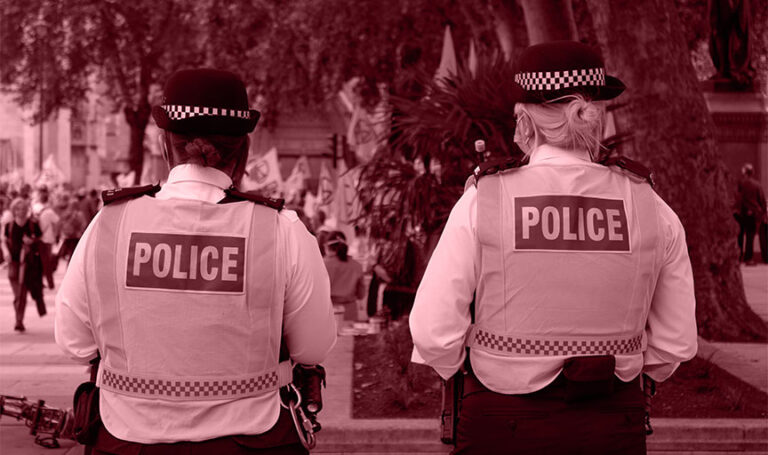Acid attacks have risen by 45% in London in just a year. Women are now also at greater risk
Acid attacks are on the rise, and it seems blatantly clear that the police are seriously struggling to combat or prevent them. The BBC has reported on Met Police data which revealed that there has been a staggering 45 per cent increase in acid attacks in London in only 12 months—with the authorities having recorded 107 of such attacks in 2022, up from 74 in 2021.
The data was initially released by the charity Acid Survivors Trust International (ASTI). According to its website, ASTI is the only international organisation whose sole purpose is geared towards ending acid violence at a global level. ASTI has helped provide medical expertise and training to its partners, conducted valuable evidence-based research, raised valuable funds to support survivors of acid attacks and helped change laws.
Moreover, women are now being affected by these attacks more than men for the first time. Acid attacks against women—particularly in domestic abuse or begrudged former partner scenarios—are increasing at a dramatic and alarming rate.
The charity found that approximately 339 women were targeted versus 317 men in 2022, while the victim’s gender was not recorded in 48 cases.
ActionAid, a global organisation that focuses on improving the lives of women and girls, has reported that the most common reasons for attacks on women and girls are the refusal of marriage, the denial of sex, and the sexual rejection of men and boys. It is an expression of control over women’s and girls’ bodies.
In Bangladesh, where ActionAid conducts a lot of its work, there have been thousands of acid attacks over the last few years. These include young girls trying to escape a forced marriage. In most cases, people purposely aim for the face to destroy the eyelids so the eyes must remain open. It’s a way to try and scar the victim in a highly personal and vicious way, something they’ll never be able to escape or ignore. It’s often the case that perpetrators are trying to not only inflict physical damage but also serious psychological trauma.
While acid attacks have always existed, they’ve definitely increased in recent times. Jaf Shah, executive director at ASTI, told the BBC: “The need for prevention is greater than ever. We know that the best way to end acid violence is to prevent it from happening in the first place, by addressing its root causes.”






